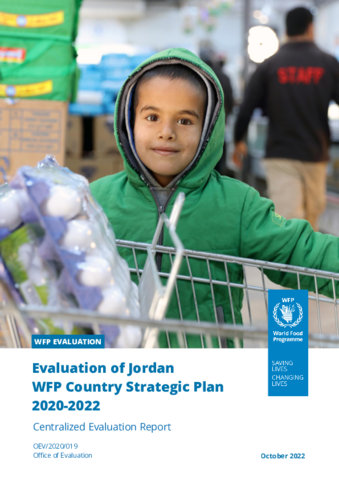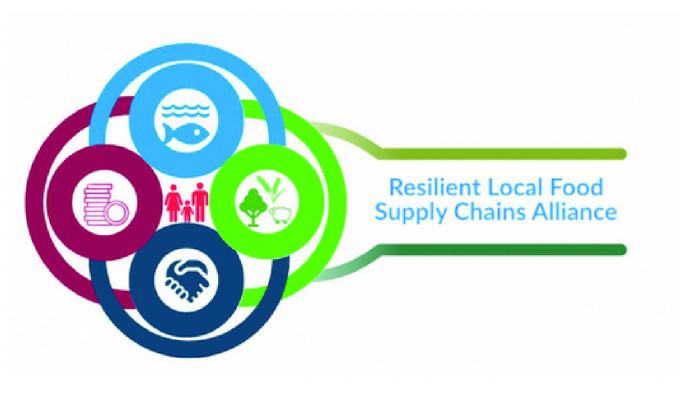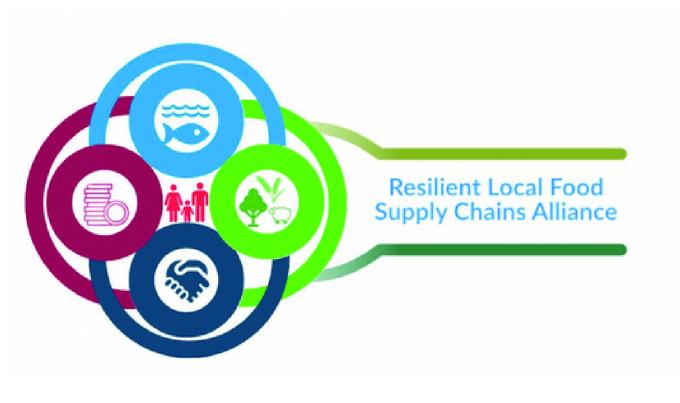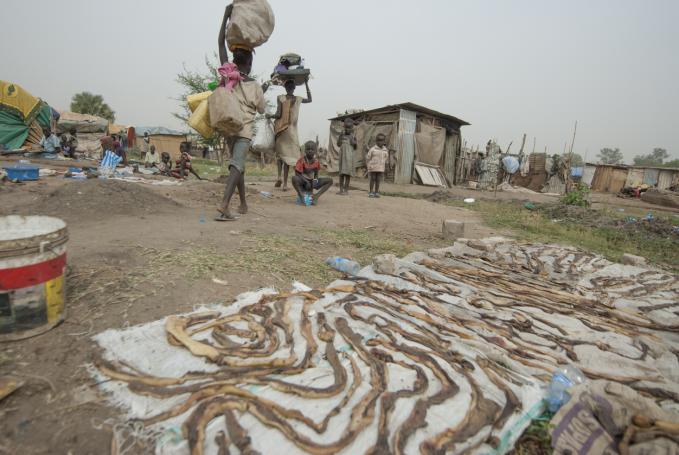PUBLICATIONS
Report
Evaluation of Jordan WFP Country Strategic Plan 2020-2022: Centralized Evaluation Report
Year:
2022
Author:
Cook Andrea, Thoulouzan Julie, Honjo Mari, Ashraf Sameera
You must be registered to see all the content
EVALUATION FEATURES: An evaluation of the Jordan country strategic plan (CSP) for 2020–2022 was conducted between May 2021 and March 2022. Combining accountability and learning objectives, it was timed to inform the design of the next CSP for Jordan, with fieldwork conducted in August and September 2021. The main users of the evaluation are the WFP country office, the Regional Bureau for the Middle East, Northern Africa and Eastern Europe, headquarters divisions and other stakeholders. The evaluation covers WFP activities implemented under the transitional interim CSP for 2018–2019 and under the CSP between 2020 and mid-2021, assessing WFP’s strategic positioning and the extent to which WFP made the shift expected under the CSP, WFP’s effectiveness in contributing to the CSP strategic outcomes, the efficiency with which the CSP was implemented, and factors explaining WFP’s performance. An independent external team undertook the evaluation using mixed methods, drawing on monitoring data, document review, an e-survey, semi-structured interviews with 128 individuals representing a range of stakeholders at the national and local levels and focus group discussions with 70 people from the communities targeted for assistance under the CSP. The evaluation paid particular attention to addressing social protection and sustainable livelihoods for Jordanians and refugees in order to inform future opportunities and the way forward in these areas. Equality and women’s empowerment, inclusion, accountability to affected populations and ethical issues were duly considered. The evaluation methodology and schedule were developed taking into consideration possible limitations related to evaluability, travel challenges and ongoing events in Jordan. To validate the findings, information was triangulated with various sources. CONTEXT: Jordan is an upper-middle-income country directly affected by the Syrian refugee crisis and hosting the second highest number of refugees per capita globally. While the Office of the United Nations High Commissioner for Refugees (UNHCR) counts 675,433 registered Syrian refugees in Jordan, the Government of Jordan estimates that the country has hosted more than 1.36 million Syrians since 2011.
Secondary Author:











